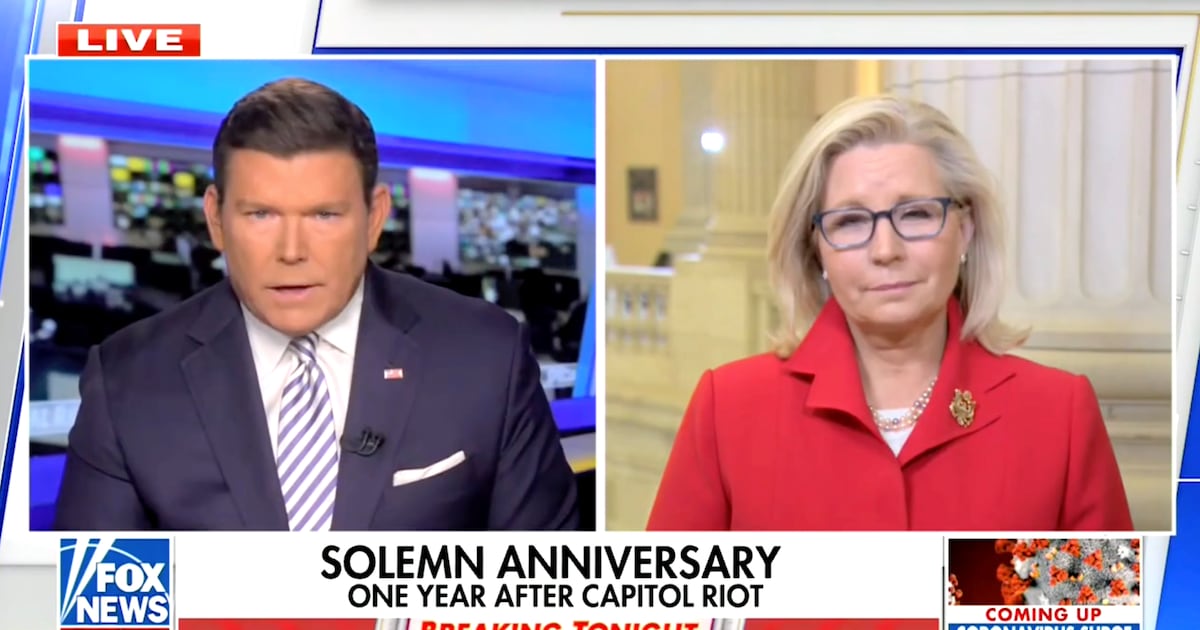Politics in my old Kentucky home has, for centuries, been awash in irreconcilable contradictions.

We stuck with the Union in favor of our favorite son, Lincoln, but then joined in common cause with the Confederacy after the Civil War had ended. A century later, we boasted some of the nation’s most progressive civil rights laws; yet, to this date, we still feature many of America’s most segregated societies. And while Kentucky’s been one of the largest beneficiaries of the New Deal/Great Society welfare state, the dominant strain in our politics remains a fierce anti-government, anti-tax worldview.
Kentucky’s perplexing and hypocritical aversion to big government has been exploited brilliantly by our senior senator Mitch McConnell, who’s capitalized on our cultural resentment of elite interference to transform the Bluegrass State into a deep-red citadel in federal elections. More recently, our junior senator Rand Paul catapulted McConnell’s vision much further than Mitch intended, placing Kentucky in the crosshairs of the Tea Party revolution. But while these two political icons and their surrogates clash over the depth of government slashing, they’ve been steadfastly united behind one common vision: the defeat, and, more recently, the repeal of the Affordable Care Act.
ADVERTISEMENT
It’s no coincidence then that Obamacare is beginning to expose the political fault line that divides the two Kentuckys. The GOP’s effective—and quite misleading—messaging plays into the anti-establishment populace’s greatest fears about out-of-control outside interference: the myth of a government-run-health-care system, engineered by a President with socialist tendencies (and whose skin pigmentation and exotic name frankly heighten popular anxiety in some of the nation’s least educated counties). And yet, when you wade through the propaganda and understand the law’s true impact, Kentucky needs the Affordable Care Act…desperately. It’s a state consistently ranked near the bottom of nearly every national health survey, where one out of every six citizens remains uninsured.
With our long-standing tradition of timid politicians fearful of incurring the wrath of the anti-government mobs, it wouldn’t have been surprising to see Kentucky join much of Red America and reject both Obamacare’s Medicaid expansion to the working poor, as well as its option of establishing a state-run health benefit exchange to provide affordable health care to the remaining uninsured.
But in a delicious irony, Mitch McConnell and Rand Paul’s home state may ultimately serve as the proving ground of Obamacare’s success. That’s due to the political chutzpah of one man: Kentucky Governor Steve Beshear.
Over the past several months, Beshear used his broad executive powers to bypass resistance from the GOP-controlled state Senate to ensure that the Commonwealth is the only Southern state that both expanded its Medicaid rolls and opened up a health benefit exchange, providing access to affordable health care to our more than 640,000 uninsured citizens. And while the federal launch of the program has been plagued with technical difficulties, Kentucky’s experience has been exemplary: In its first day, 10,766 applications for health coverage were initiated, 6,909 completed and 2,989 families were enrolled. Obama himself bragged that Kentucky led the nation with its glitch-minimized performance.
It would be hyperbolic to crown Steve Beshear as a profile in courage. The Governor’s second and final term expires in two years, and he’s made clear that this is his last political hurrah. However, Beshear is keenly interested in the political prospects of his son Andy—the betting favorite in the 2015 race for Attorney General—and he understands that even a tangential connection to the unpopular Obama carries a heavy political burden. Furthermore, the Governor isn’t quietly going about the business of administering the new law: Beshear has been gleefully poking the eye of the Tea Party beast — and its subservient U.S. Senators—and channeling Harry Truman in the national media circuit: In a recent New York Times op-ed, Beshear crowed: “[T]o those more worried about political power than Kentucky’s families, I say, ‘Get over it’…and get out of the way so I can help my people. Here in Kentucky, we cannot afford to waste another day or another life.”
The issue indeed is quite personal to the Governor. As he explained to me this week, “[These] are not political decisions. They are moral decisions…Taking these steps will mean that, for the first time, every single Kentuckian will have access to affordable health care. Over the next generation, this will change the course of Kentucky’s history.”
Some full disclosure: I ran against Beshear in the 2007 gubernatorial primary, dropped out and endorsed him; and then he punished me by appointing me as his Finance Secretary during the worst global financial calamity of our lifetime. But it was in the midst of that crisis that I was able to take true measure of the man. The Great Recession denied Beshear’s dream of enacting resource-intensive, transformative educational programs to lift the Commonwealth out of its competitive ditch, while his proposals to create new revenue were thwarted until very recently by the spread of MHV (the McConnell Hyperpartisanship Virus) from Washington to Frankfort.
So now, a Governor who has thus far failed to pass his signature policy initiative—to expand gaming at Kentucky race tracks in order to fund educational progress—has gone all-in on Obamacare. Bringing affordable health care to hundreds of thousands of Kentuckians could prove to be Beshear’s enduring legacy for the Bluegrass State.
Beshear’s moxie, moreover, could produce an even a broader political impact. Some wags have speculated that the Governor’s outspoken support of Obamacare could help McConnell politically, by weakening his 2014 Senate challenger, Secretary of State Alison Lundergan Grimes, who’s been careful to distance herself from the President and his health care law. Indeed, McConnell and Paul have pounced on Beshear’s advocacy, writing a rare joint op-ed entitled “Kentuckians Not Buying Obamacare.”
But they are buying Obamacare. Literally. And many, many more will, as uninsured Kentuckians learn more about their benefits during the program’s grassroots educational rollout, and as popular disgust grows with the shutdown and default tactics of Obamacare’s most vocal critics. So by the time of next November’s general election, McConnell’s most potent rhetorical weapon—an assault on Obamacare—may have lost much of its firepower.
Even more significantly, Beshear’s example could potentially shake up national politics, by paving a new, economically populist path for more red state politicians—particularly those who represent economically disadvantaged areas where the federal safety net serves as an integral thread in society’s fabric. Social wedge issues will always present a problem for progressives in places like Kentucky. But Steve Beshear’s healthy recipe might prove the elixir for the hype-fueled Tea Party brew that’s convinced many poor, rural Americans to vote against their own economic interests.
So in the end, the GOP’s successful messaging efforts to rebrand the Affordable Care Act as “Obamacare”—and stand unanimously for its defeat and then repeal—could provide an opening for Democrats to win elections in areas that have been solidly red for decades. And with Steve Beshear’s help, the monster that Mitch McConnell and Rand Paul helped to create might ultimately turn on its masters.






